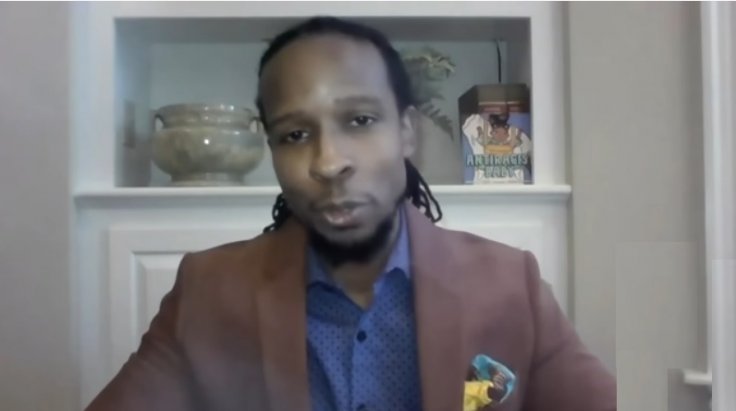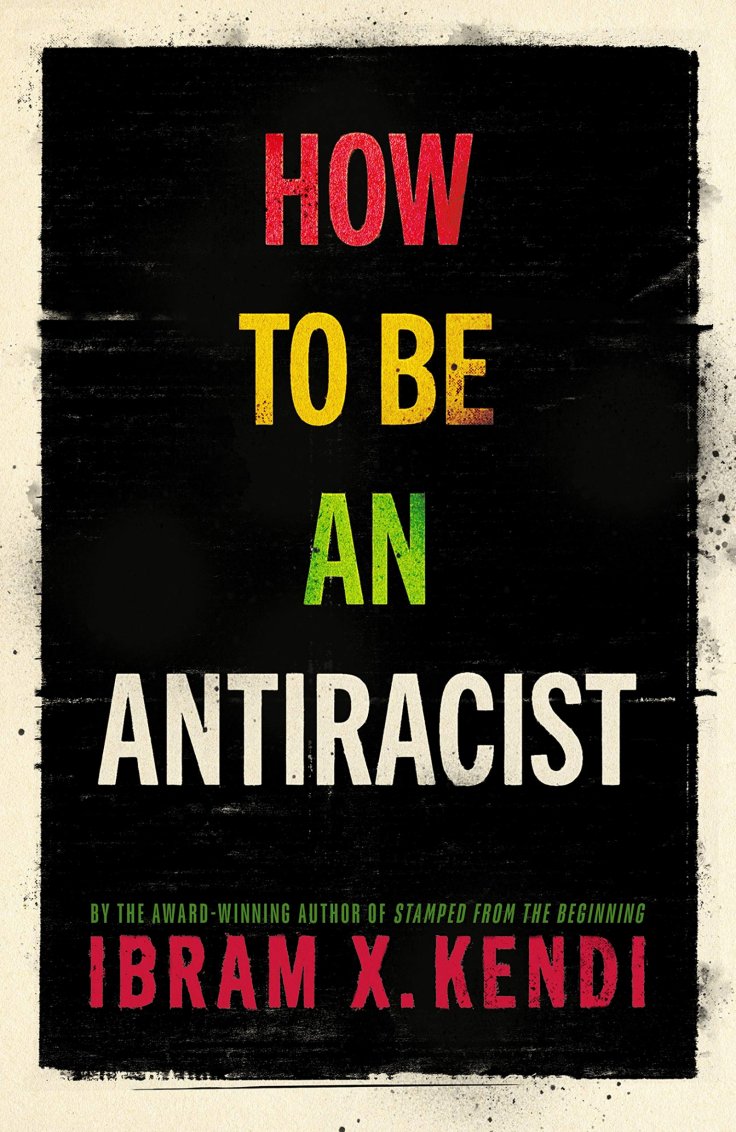Ibram X. Kendi has found a new admirer and supporter in the form of Twitter CEO Jack Dorsey, who pledged $10 million to Boston University's Center for Antiracist Research, a project recently launched by the antiracist scholar. The news comes just days after Kendi hit No. 1 on the New York Times best-seller list for his 2019 book, How to Be an Antiracist.
The grant is aimed at combating racism and Kendi seems to be the right candidate to lead the charge given that he is one of the nation's leading scholars on race and racism who has created a deep impact with his writings on the roots of racism and how to dismantle systems that have embedded inequities. Kendi, who has welcomed Dorsey's noble cause, told BU, the university's publication: "What's incredible about this gift is that it allows us to begin scaling the size of our center extremely quickly, so that we can begin responding to and studying racism."
Silent Warrior

Kendi has been in news lately after How to Be an Antiracist became a bestseller. The book now has more than one million copies in print. Yet, there are few who are acquainted with Kendi's name. In fact, most will probably have to Google him to know about his antecedents and his claim to fame.
That said, those who know Kendi call him the modern-age Prophet of Anti-Racism. Yes, Kendi owns that epithet for what he has silently written and spoken about on "antiracism" in his books. But sadly, most still fail to recognize him. And, ironically, this comes at a time when the United States has been rocked by protests and demonstrations calling for end of racism.
Kendi, needless to say, has created a deep impact on several Americans within a short span of time that has won him support from the likes of Dorsey. Numerous companies have denounced racism in the wake of a national protest movement sparked by the deaths of George Floyd and Rayshard Brooks but that may not be enough to eradicate racism. Activists say corporate statements need to be matched by meaningful actions to dismantle systemic racism and bring about substantive change. Dorsey's $10 million grant is just one of the initial steps toward that.
Birth of a New Prophet

Racism isn't new in America, nor is Floyd or Brooks its only victims. There have also been numerous advocates of anti-racism but Kendi definitely stands out, at least in this era, for what he writes and the way he does it. Racism is Kendi's thing. He has four books at or near the top of the best-seller lists, including Stamped from the Beginning, which is a history of American racism that won the National Book Award in 2016, and two books on racism for younger readers.
Moreover, his latest offering, How to Be an Antiracist, reappeared at the top of the New York Times non-fiction best-seller list this summer after having spent several months on the list last fall and winter. But then, what makes Kendi different from others? The answer is simple: the way he focuses on the issue of racism without actually being 'on the face', yet calling for an end to this hatred toward the Black.
In fact, for many of the protesters who took to the streets in mid-June and July following the police killing of George Floyd in Minneapolis, How to Be an Antiracist has been a kind of conceptual road map. Although many fail to recognize Kendi, he for several others has emerged as not just an activist or an author writing on anti-racism but more like a spiritual leader calling for a non-violent end to the centuries-long apathy toward the Black. And Kendi is just 38.
In a Different Tone

Within days of the first fires being lit in the streets of Minnesota, Boston University announced that it would offer Kendi the prestigious tenured chair at its disposal, making him only the second holder of the Andrew W. Mellon Professorship in the Humanities. The chair has been lying vacant since the death of the novelist and Holocaust survivor Elie Wiesel four years ago.
Kendi takes a different approach when it comes to voicing his opinions and views on racism. He takes a laser focus on racist ideas — not mere surface-level epithets but deeply entrenched prejudices with their own intellectual lineage. His dismantling of those ideas starts with his very definition of the term "racist".
Anti-racists believe that the United States has been corrupted by racial prejudice be it because of its system of politics, economics or policing that explains the entire difference in socioeconomic status between blacks and others. Moreover, they believe that the status quo must be fought and beaten, and those were don't do it actively are supporters of racism. Kendi doesn't believe in fighting out racism but believes in simply eradicating it by not supporting it. He makes clear that the opposite of "racist" isn't "not racist" or "race-neutral" but "antiracist," which he also explains in his book How to Be an Anarchist.
The book is a manifesto in the form of an autobiography. Kendi gives his own examples and shares real-life anecdotes to explain the gravity of the situation and how to shape a better future by putting an end to racism. He isn't the first author confident that his intimate conflicts and private challenges provide sufficient raw material for a project to reorder American race relations but his expressions definitely put him in a different league.









